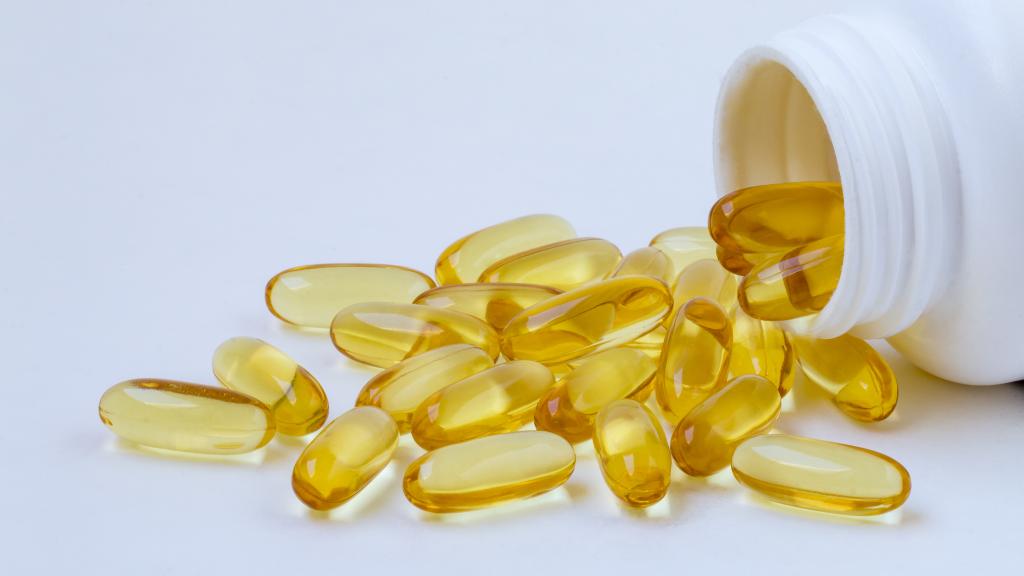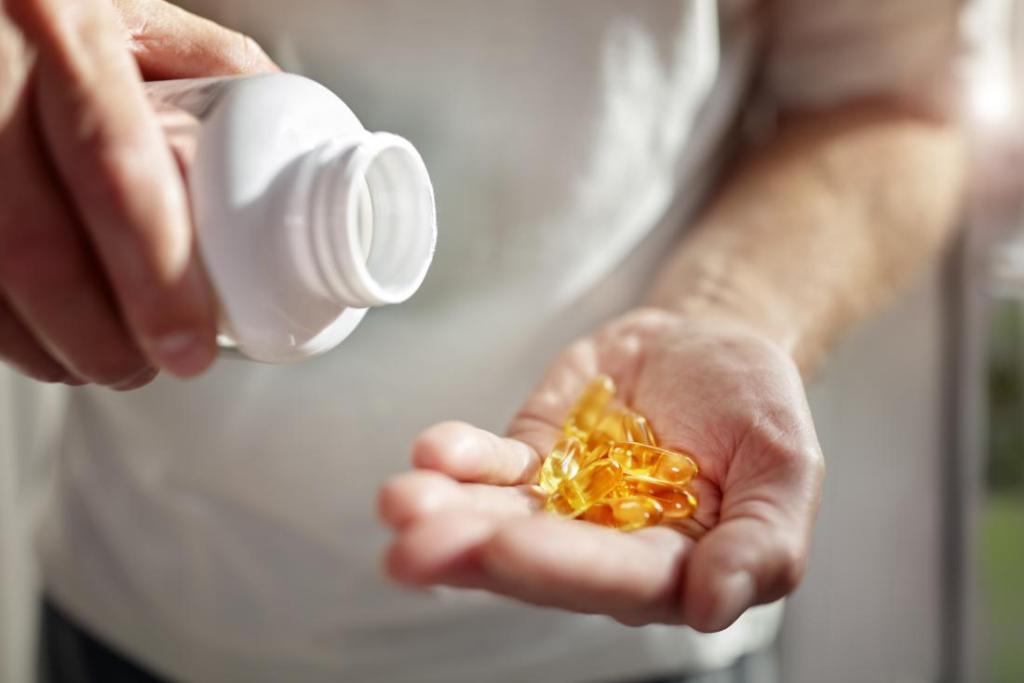As everyone knows that Omega-3 fatty acids may help us to reduce the risk of heart diseases and stroke. These healthy fats are must be added to everything, from eggs to spread and you’ll be able to get it naturally in fatty fishes, including salmon and tuna. There are different kinds of omega-3s:
- ALA (alpha-linolenic acid)
- DHA (docosahexaenoic acid)
- EPA (eicosapentaenoic acid)
Your body can turn ALA into DHA and EPA, though not very efficiently and present only about 15% of the plant-based ALA will be converted to DHA and EPA within the body. That is why, many dietitians and nutritionists recommend getting DHA and EPA from supplements to stay healthy.

Fish: Top Source of Omega-3 Fatty Acids
Look for seafood rich in omega-3s, such as:
- Anchovies
- Halibut
- Herring
- Mackerel
- Oysters
- Salmon
- Sardines
- Trout
- Tuna (freshor light, canned in water)
Grains and Nuts With Omega-3s
Gor vegetarians, bread and pasta are some of the foods that may have omega-3 and you should add it into your diet plan. as we know that these fats are naturally found in whole grain foods like seeds and nuts. When shopping grains and seeds, look for omega-3s in:
- Bread
- Cereal
- Flaxseed
- Flour
- Pasta
- Peanut butter
- Oatmeal
- Pumpkin seeds
- Pizza, packaged
- Flour tortillas
- Walnuts
Veggies With ALA Omega-3s
Another way to get omega -3 from plants is vegetables, especially green leafy ones, which are good sources of ALA, one form of omega-3 fatty acids. It is found that ALA is not as much as powerful in the comparison of other omega-3 fatty acids like DHA and EPA. Here are some leafy vegetables also have fiber and other nutrients, as well as omega-3s.
- Brussels sprouts
- Kale
- Spinach
- Broccoli
- Cauliflower
Oil With ALA Omega-3s
Oils can be a good source of getting an adequate amount of omega3 fats, including:
- Canola oil
- Cod liver oil
- Flaxseed oil
- Mustard oil
- Soybean oil
- Walnut oil
As with most nutrients, whole foods trump any enriched, fortified, or processed foods similarly, Omega fatty acids can oxidize if overly processed or allowed to become stale, so make sure you pick the fresh one for yourself.
However, there is no specific recommendation for taking fish oil, but if you have 4-5 fish oil capsules in a day. On the dosage of omega 3 nutrients, nutritionists suggest a common intake for adults that should be 1600 milligrams (mg) for men and 1100 mg for ladies. You’ll find roughly 450 mg in a very 6-ounce can of tuna and 600 mg in 3 ounces of salmon. It may harm you and may make bleeding more likely in people taking antiplatelet drugs, such as aspirin. It may also suppress the immune and inflammatory response in those with immunodeficiency such as HIV/AIDS.
It is recommended to talk with your doctor before taking high doses of omega-3 supplements. That is why whenever it comes to add omega 3 supplements in your diet, Healthy Naturals is one of the most trustable places to get it. If you are thinking the same then, visit the website today and get your fish oil supplements as soon as possible.


